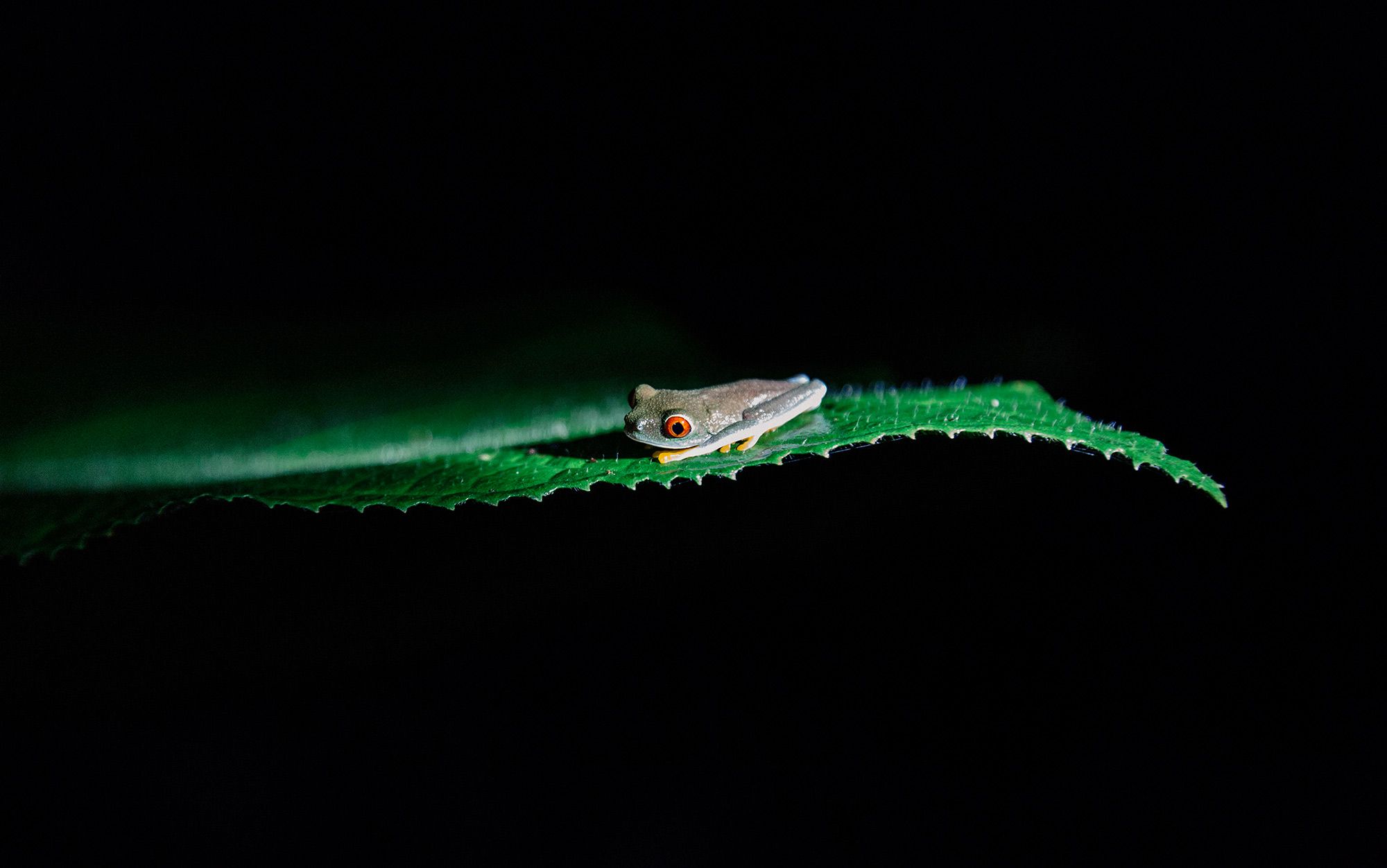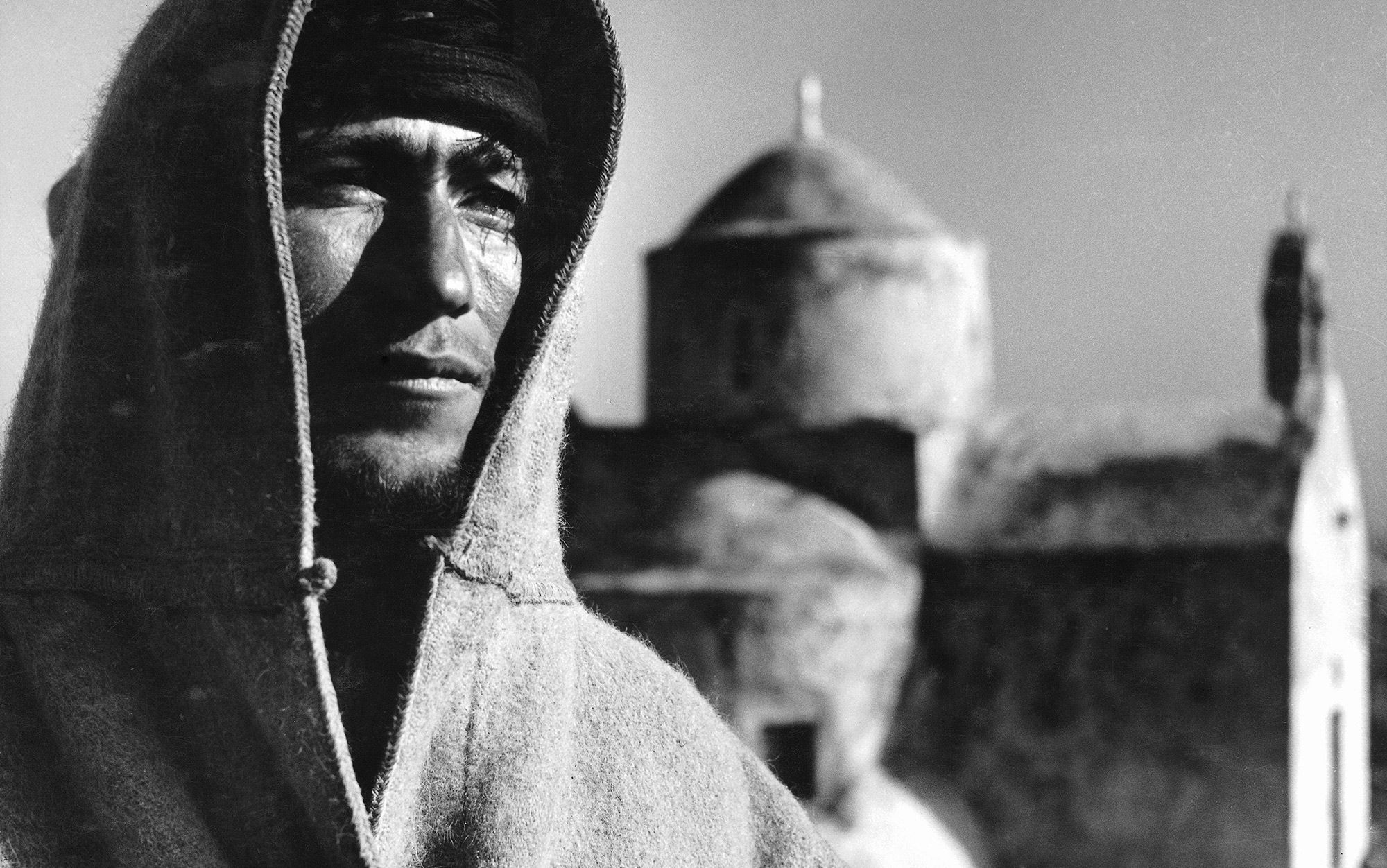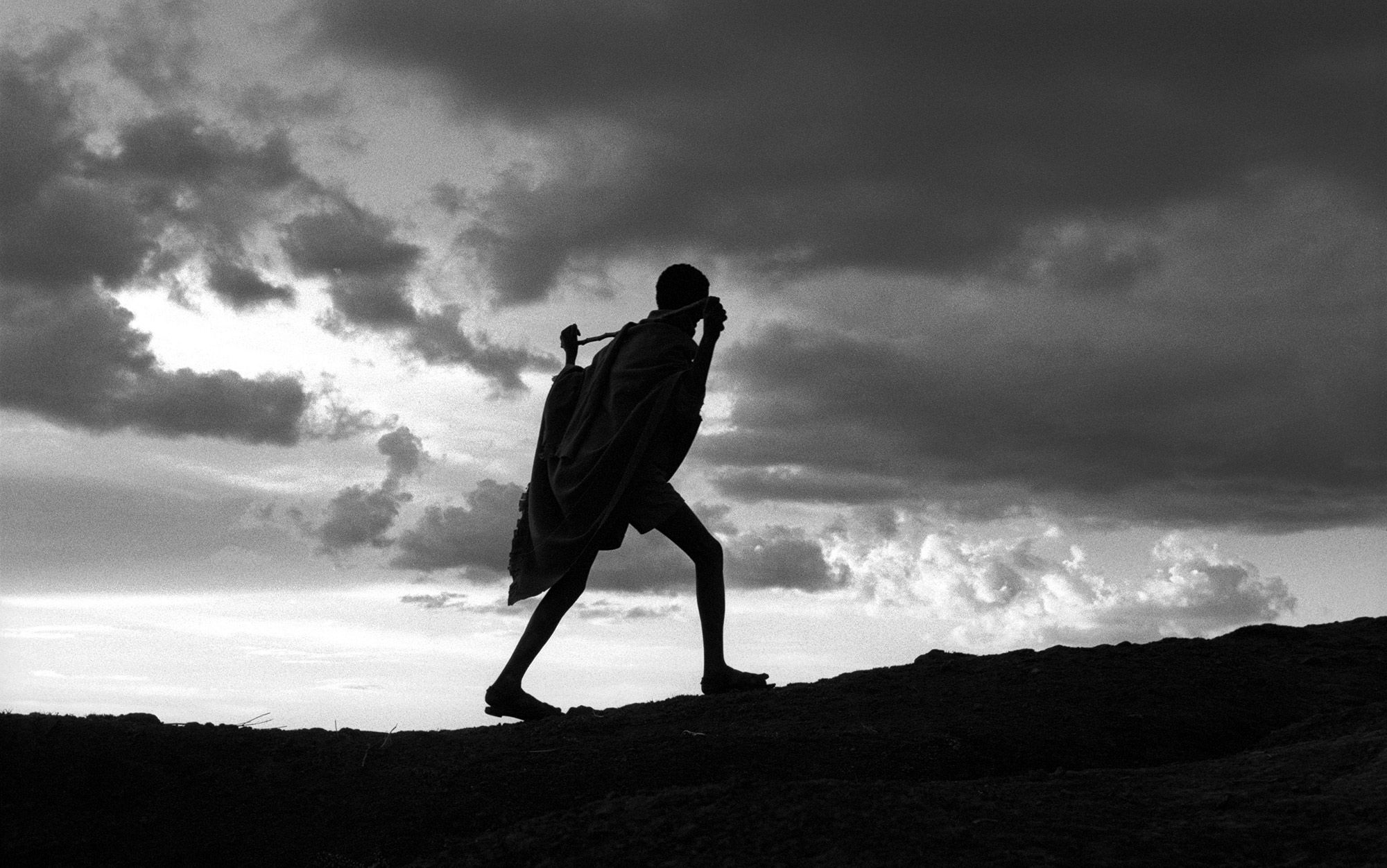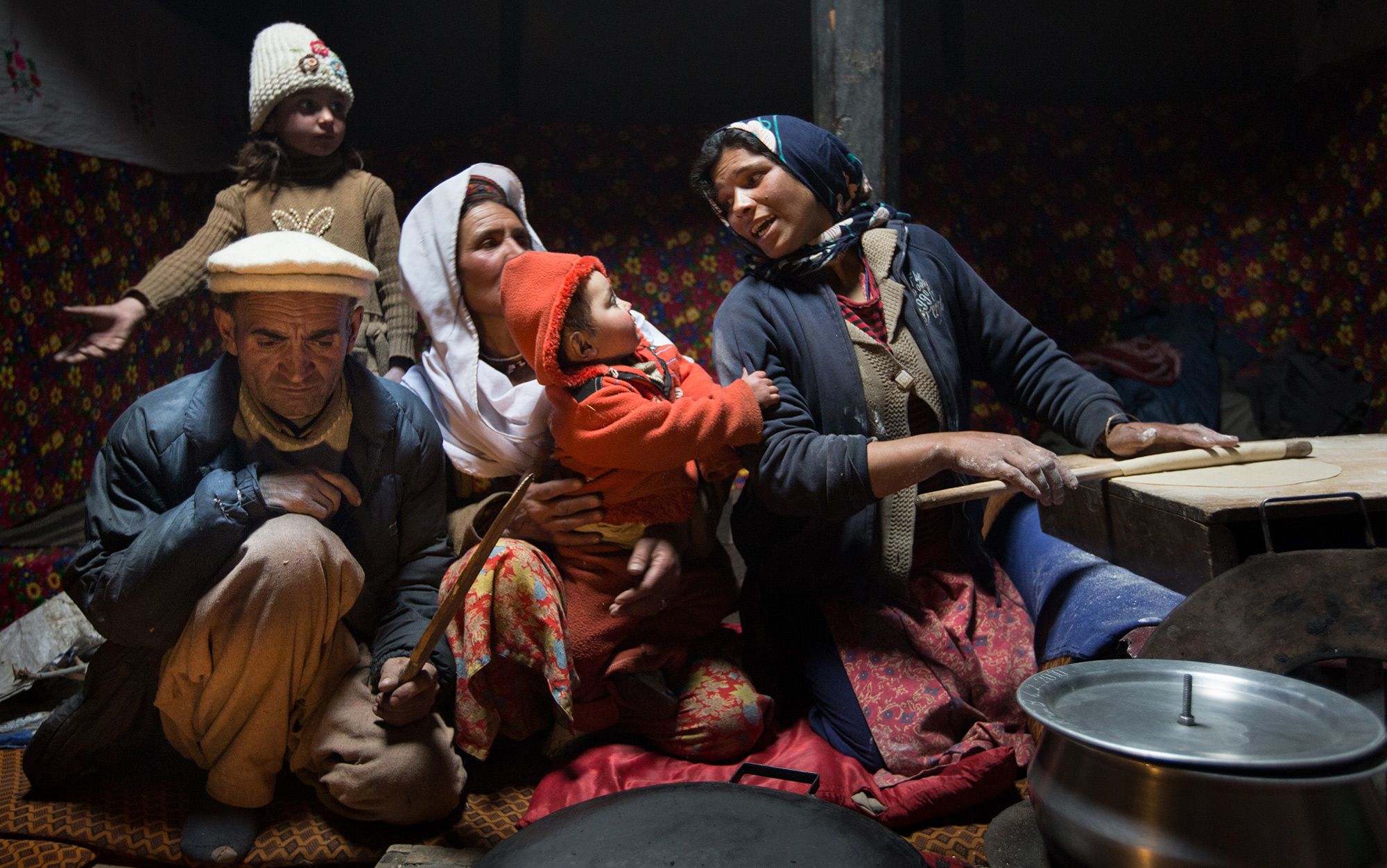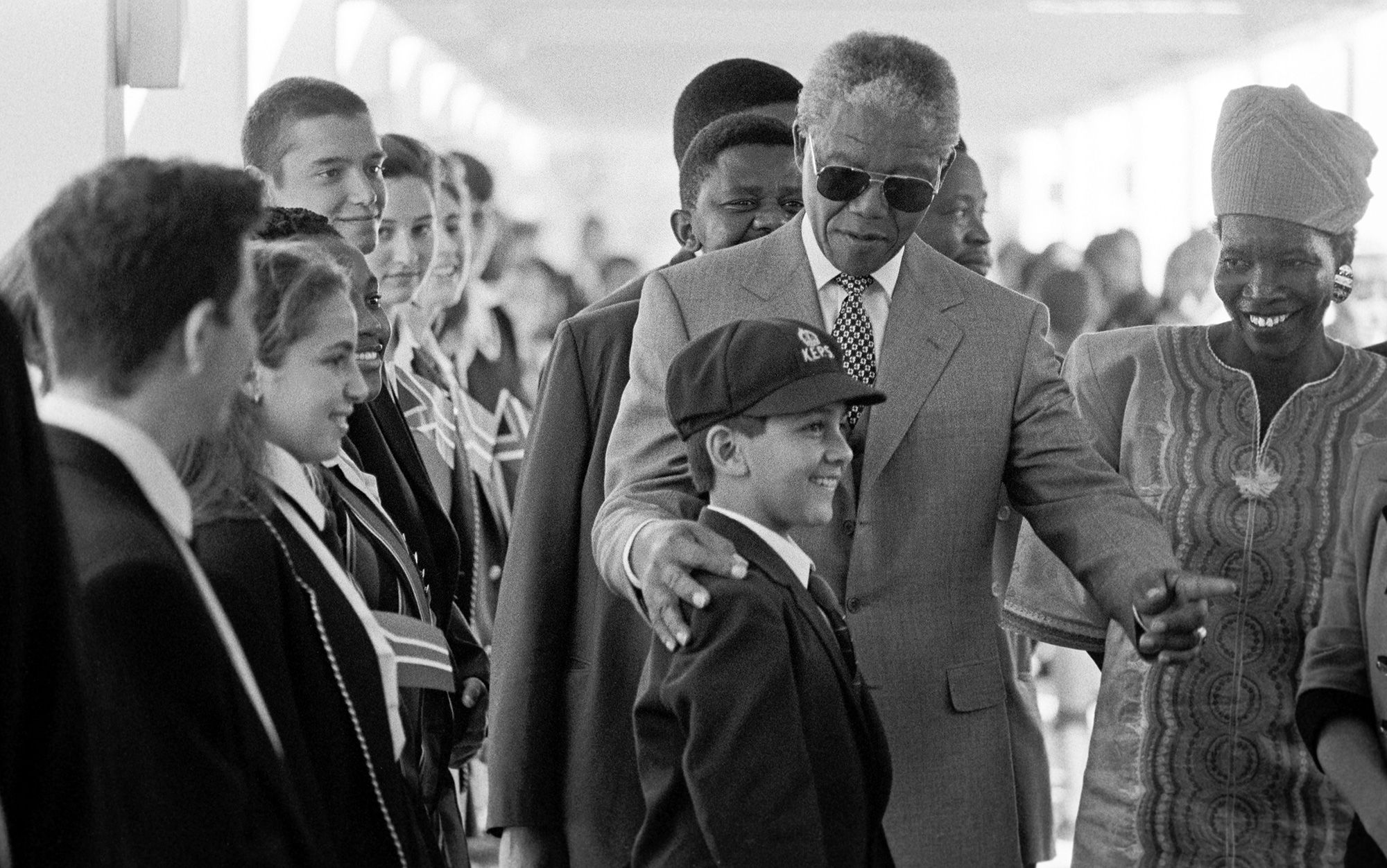I see two people on the sidewalk in front of me. One points to a flag flying above the café, and says: ‘Seeee? Pride flag!’ The other gives a nod of approval, and they turn to enter the shop, doubts assuaged. In a place of what might be called ideological extremes, pride flags don’t just symbolise rainbow capitalism but a broader sense of safety and ideological identification.
I don’t think everyone would agree but, for all parties, gayness seems to have become what the anthropologist Darryl Li calls a competing universalism – an alternative vision for humanity (and Utah) competing with certain iterations of Mormonism, conservatism, liberalism and US identity.
#aeon
3 Likes
1 Comments
1 Shares
2 Likes
1 Comments
After a year, he was able to return to Paris, where, in 1305, he finally earned his doctorate in theology and presided for a couple of years as the Regent Master of Theology. During his Regency, Scotus conducted a ‘quodlibetal dispute’, a formal academic event at which members of the audience could ask the Master questions on any topic whatsoever. Scotus later published a set of Quodlibetal Questions based on this dispute.
This passage reminds me distinctly of the Unseen University, but other than that...
2 Likes
6 Likes
One person like that
1 Comments
The polyglots of Dardistan
At the crossroads of south and central Asia lies one of the world’s most multilingual places, with songs and poetry to match
Dardistan is one of the most diverse linguistic regions in the world. In the 1930s, the Norwegian linguist Georg Morgenstierne called it one of the most polyglot parts of Asia. More recently, the Italian anthropologist Augusto Cacopardo has called it ‘Peristan’, an area with an ‘enormous diversity of tongues and cultures’. The region has the large Dardic languages such as Kashmiri, Shina and Khowar on the one hand and, on the other, it is home to the Burushaski language, which could not be placed within any language family because of its unique features. The Nuristani, formerly Kafiri, languages are spoken here, too. There are minor languages such as Kalasha, spoken by the Kalash community of hardly 4,000 people who still follow the ancient animistic religion that was once practised across Dardistan.
The name ‘Dardistan’ describes the area comprising the highest mountain ranges of Hindu Kush, Karakoram, western Himalaya and the Pamir mountains, and includes northern Pakistan, parts of Eastern Tibet in China, eastern Afghanistan and the Kashmir valley on both sides of the Pakistan-India border.
Dardistan’s enormous linguistic diversity occurs despite the fact that, culturally, the area is fairly homogeneous. Cacopardo says there is no match for this region in terms of linguistic and cultural diversity, except the Caucasus. Though, of course, minor differences exist, the same religious rituals and religious pantheon prevailed among the polyglot peoples of Dardistan.... (continue reading...)
#Aeon #magazine #Dardistan #linguistics #music #poetry #diversity-language
How to thrive after leaving your religion
Some of these clients struggled with feelings of shame and self-hatred to the point that they battled suicidal thoughts after attending church. I grappled with the dissonance between my values and what I began to recognise as thinly veiled sexism, racism and homophobia in my Church’s doctrines. I experienced a confusing identity crisis that required me to re-evaluate my own beliefs and admit that many of them were wrong.
3 Likes
Was there no room for the queer individual in Arab history? Have people like us simply never belonged?
2 Likes
One person like that
One person like that


